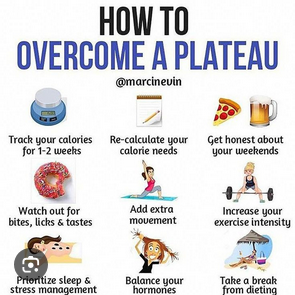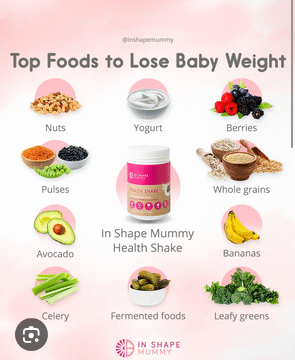Introduction
Intermittent fasting (IF) has become a popular topic in health and wellness circles.
Rather than focusing on what you eat, it emphasizes when you eat.
While some people find it useful for managing their lifestyle and habits, others may not find it suitable.
Understanding the facts can help you decide if it’s something worth exploring with professional guidance.
What Is Intermittent Fasting?
Intermittent fasting is an eating pattern that alternates between periods of eating and fasting. Common approaches include:
- 16/8 Method: Eating within an 8-hour window, fasting for 16 hours.
- 5:2 Method: Eating normally for five days of the week, with reduced calorie intake on two non-consecutive days.
- Alternate-Day Fasting: Alternating between normal eating and fasting days.
Potential Benefits
Research suggests that intermittent fasting may support:
- Better Eating Awareness – It can help reduce late-night snacking and promote mindful eating.
- Metabolic Health – Some studies indicate potential improvements in insulin sensitivity and blood sugar regulation.
- Weight Management – IF may assist some individuals in managing calorie intake naturally.
- Cellular Health – Preliminary research links fasting periods to processes that support cell repair.
Considerations and Limitations
While intermittent fasting may have benefits, it’s not a one-size-fits-all solution:
- Not for Everyone: Children, teens, pregnant or breastfeeding women, and people with certain medical conditions should avoid fasting unless recommended by a healthcare professional.
- Possible Side Effects: Hunger, fatigue, headaches, or difficulty concentrating may occur, especially at the beginning.
- Sustainability: Some people find it hard to stick with strict fasting schedules long term.
How to Practice Safely
If you’re considering intermittent fasting:
- Start gradually with shorter fasting periods.
- Stay hydrated with water and unsweetened beverages.
- Focus on nutrient-rich foods during eating windows.
- Always consult with a healthcare professional before making major changes to your eating pattern.
Conclusion
The truth about intermittent fasting is that it’s neither a miracle solution nor a fad to dismiss outright. For some, it can be a helpful lifestyle tool; for others, it may not fit their needs. The key is to approach it with balance, awareness, and professional guidance.






